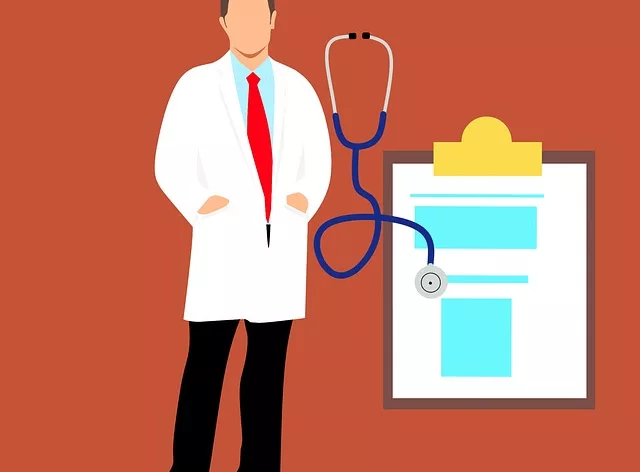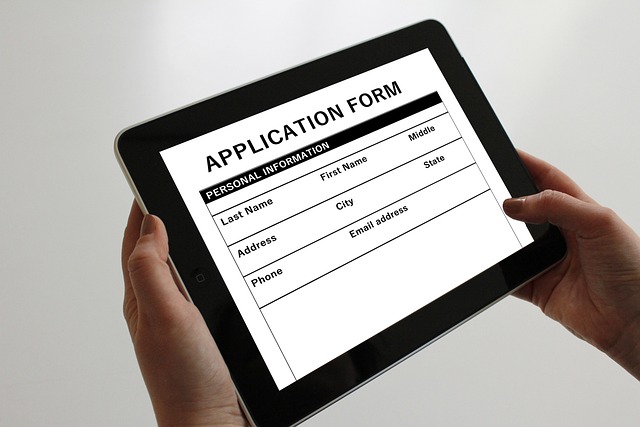VA Offers Free Mental Health Crisis Care to Veterans

January 2023 marked an important milestone in the battle against veteran suicides. The Department of Veterans Affairs began offering free mental healthcare to qualifying veterans including non-VA healthcare facilities.
According to the VA official site, a veteran in a suicidal crisis can report to any VA medical center or non-VA healthcare facility, “for free emergency health care” that may include inpatient care, residential care up to 30 days, and outpatient care for 90 days.
One of the most important features of this VA benefit? You do not have to be enrolled in the VA healthcare system in order to qualify for free care.
According to a press release on VA.gov, this program should, “prevent Veteran suicide by guaranteeing no cost, world-class care to Veterans in times of crisis. It will also increase access to acute suicide care for up to 9 million Veterans who are not currently enrolled in VA.”
What the VA Offers Veterans Under the Program
Under the VA’s free mental healthcare options, veterans may have access to several types of VA help:
- The VA will “provide, pay for, or reimburse” for treatment of “eligible individuals’ emergency suicide care, transportation costs, and follow-up care at a VA or non-VA facility for up to 30 days of inpatient care and 90 days of outpatient care”.
- Services also include the VA offering referrals for care following emergency suicide care.
- The VA can help veterans determine their eligibility for other VA benefits.
- The VA can also recommend appropriate VA programs and benefits following the period of emergency suicide care.
Who Qualifies for Free VA Mental Health Crisis Care
The following criteria apply whether or not a veteran is enrolled in the VA healthcare system. To qualify you must be one of the following:
- Veterans released from active duty after more than 24 months of active service under conditions other than dishonorable.
- Those who served more than 100 days under a combat exclusion or in support of a contingency operation discharged under conditions other than dishonorable.
- Veterans who were victims of “physical assault of a sexual nature, a battery of a sexual nature, or sexual harassment” while serving.
A National Plan to Prevent Veteran Suicides
Suicide prevention among veterans is a top priority for the Department of Veterans Affairs, and this effort is part of a 10-year program called the National Strategy for Preventing Veteran Suicide.
A VA publication called the 2022 National Veteran Suicide Prevention Annual Report indicates veteran suicides decreased in 2020 for the second year in a row. The same report notes fewer veterans died by suicide in 2020 “than in any year since 2006” according to the VA..
“Veterans in suicidal crisis can now receive the free, world-class emergency health care they deserve – no matter where they need it, when they need it, or whether they’re enrolled in VA care,” according to VA Secretary for Veterans Affairs Denis McDonough, who was quoted in the VA press release.
McDonough adds, “This expansion of care will save Veterans’ lives, and there’s nothing more important than that.”
Who to Contact When Help Is Needed
Veterans in a mental health crisis, and those concerned about a veteran in such a crisis may contact the Veterans Crisis Line for “24/7 confidential support” according to the VA.
Callers do not have to be in the VA healthcare system to get help. Dial 988, Press 1, or chat online at VeteransCrisisLine.net/Chat; you can also get assistance via text at 838255.
About the author
Editor-in-Chief Joe Wallace is a 13-year veteran of the United States Air Force and a former reporter/editor for Air Force Television News and the Pentagon Channel. His freelance work includes contract work for Motorola, VALoans.com, and Credit Karma. He is co-founder of Dim Art House in Springfield, Illinois, and spends his non-writing time as an abstract painter, independent publisher, and occasional filmmaker.


